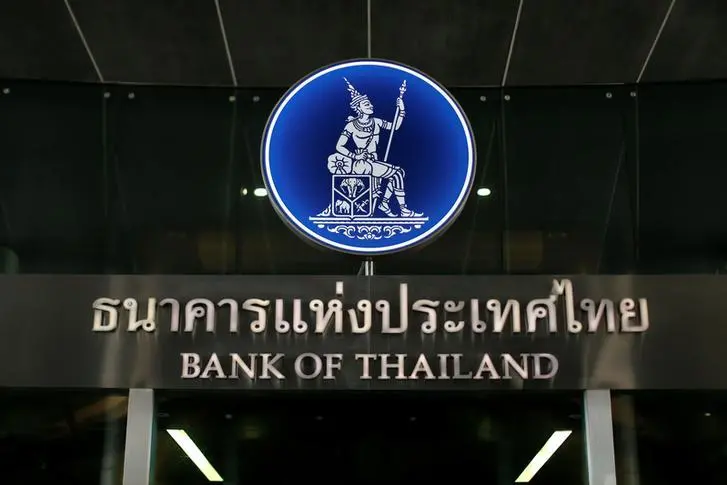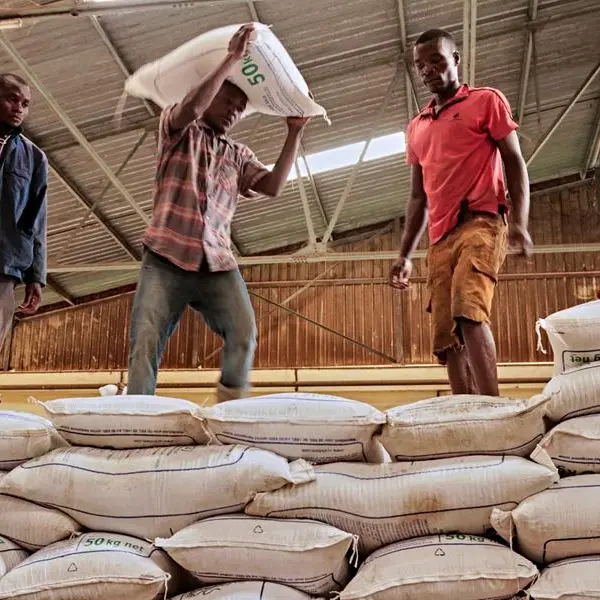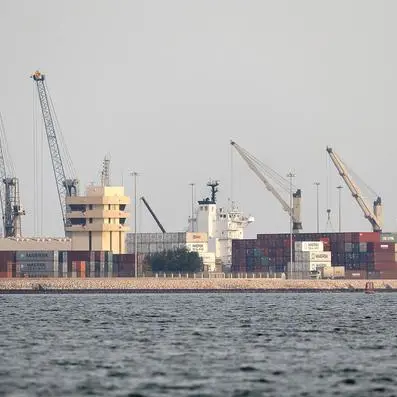PHOTO
BANGKOK - Thailand's central bank left its benchmark interest rate unchanged at a record low on Wednesday, as widely expected, but cut its 2021 economic growth forecast as the country struggles with a third wave of coronavirus infections.
There are significant downside risks to growth in Southeast Asia's second-largest economy, the Bank of Thailand (BOT) said in a statement, adding monetary policy would remain accommodative.
But room for further policy moves is limited and the BOT is ready to use it at the most effective time, it said, as the tourism-reliant nation battles its biggest COVID-19 outbreak so far.
"The Thai economic recovery would be slower and more uneven than the previous forecast due to the third wave of the COVID-19 outbreak," the BOT said.
"Downside risks to the economic outlook also remained significant from the new wave of the outbreak".
The BOT's monetary policy committee voted unanimously to hold the one-day repurchase rate at 0.50% for a ninth straight meeting, as expected by all 22 analysts in a Reuters poll.
The BOT has kept the rate steady since three cuts in the first half of 2020 to cushion the effects of the pandemic on the economy.
It has since focused on debt relief measures and soft loans, while the government has introduced billions of dollars of stimulus packages and will borrow a further 500 billion baht ($15.8 billion) to support the economy, even as it tries to tackle high household debt.
The BOT also downgraded its economic growth outlook for this year to 1.8%, from a previous forecast for 3.0%, and predicted the number of tourists at just 700,000 this year, down from 3 million projected earlier.
Thailand started its mass vaccination drive earlier this month but has had limited vaccine supply.
However, it will allow vaccinated tourists to visit the resort island of Phuket next month in a pilot project, with Prime Minister Prayuth Chan-ocha targeting a full reopening within 120 days to revive an industry that drew 40 million tourists in 2019.
"We view that the policy rate will remain on hold for at least the next 12 months. Inflation is not a clear and present danger as recent readings are reflective of short term cost push rather than sustainable demand pull factors," said Kobsidthi Silpachai, head of capital markets research of Kasikornbank.
However, "household debt at near 90% of GDP will be a thorny issue that remains to be tackled by both fiscal and monetary authorities and would pose as an overhang on upticks on inflation and economic imbalance," Kobsidthi added.
Despite the GDP downgrade, the BOT raised its export growth forecast to 17.1% this year, up from a previous forecast for a 10% increase, in line with the global economic recovery.
(Reporting by Orathai Sriring, Kitiphong Thaichareon, Satawasin Staporncharnchai Editing by Kim Coghill) ((orathai.sriring@tr.com; +662 0802309;))












